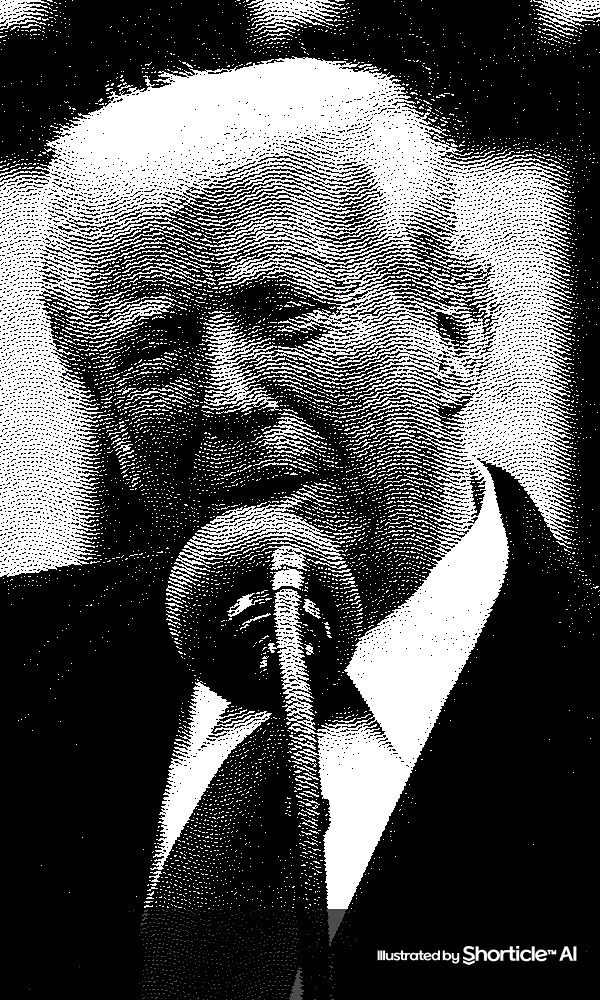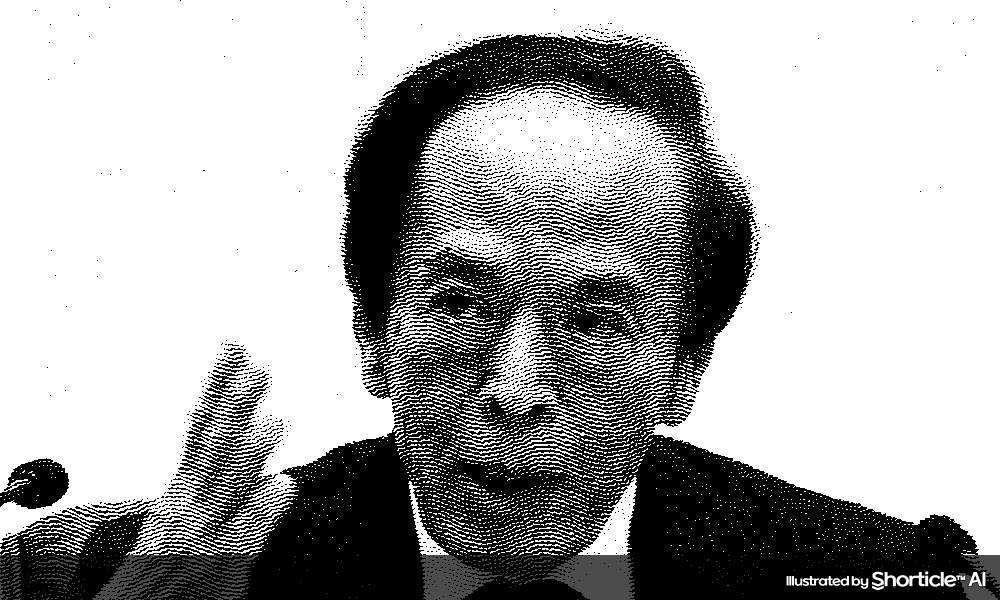President Donald Trump’s “Liberation Day” tariff plan is facing mounting legal challenges following consecutive federal court rulings.
Judges have ruled that Trump’s use of the International Emergency Economic Powers Act (IEEPA) to implement sweeping tariffs exceeds presidential authority.
The Trump administration has swiftly appealed, stating it is prepared to take the fight to the Supreme Court if necessary.
Read Full Article
Trump Administration Faces Escalating Legal Battle Over Tariff Policy
President Trump’s flagship second-term economic initiative—the “Liberation Day” tariff plan—has been thrust into legal uncertainty after two federal court rulings struck at its foundation. The plan imposes a 10% baseline tariff on most U.S. trading partners and an additional “reciprocal tariff” against specific countries, relying on authority from the International Emergency Economic Powers Act (IEEPA).
However, a three-judge panel from the U.S. Court of International Trade (CIT) unanimously ruled that the IEEPA does not grant the president “unlimited” power to impose such tariffs. On the same day, U.S. District Judge Rudolph Contreras in Washington, D.C.—an Obama appointee—also determined in a separate case that Trump’s use of the law to impose tariffs was unlawful. Both rulings significantly curtail Trump’s ability to act unilaterally on trade.
In response, the Trump administration immediately filed an appeal with the U.S. Court of Appeals for the D.C. Circuit, seeking a stay on the ruling. The Justice Department argued in its filing that the decision undermines the president’s negotiating leverage at a time when the U.S. is engaged in sensitive trade discussions with multiple partners. Trump’s legal team stated that removing the threat of tariffs weakens the president’s constitutional authority and disrupts the foundation of ongoing talks.
William Cline, a senior fellow emeritus at the Peterson Institute for International Economics, echoed this sentiment. He noted that Trump and Treasury Secretary Scott Bessent view tariffs not as static policy but as a strategic opening move for broader negotiations—particularly with nations like China.
Trump has warned that he is prepared to escalate the fight to the Supreme Court if needed, a move that the plaintiffs’ legal representatives also said they would support. Yet, whether the Court will hear the case remains uncertain. In the 20 weeks since Trump began his second term, his administration has already filed 18 emergency petitions to the high court, underscoring the increasing legal tension between the White House and the judiciary.





